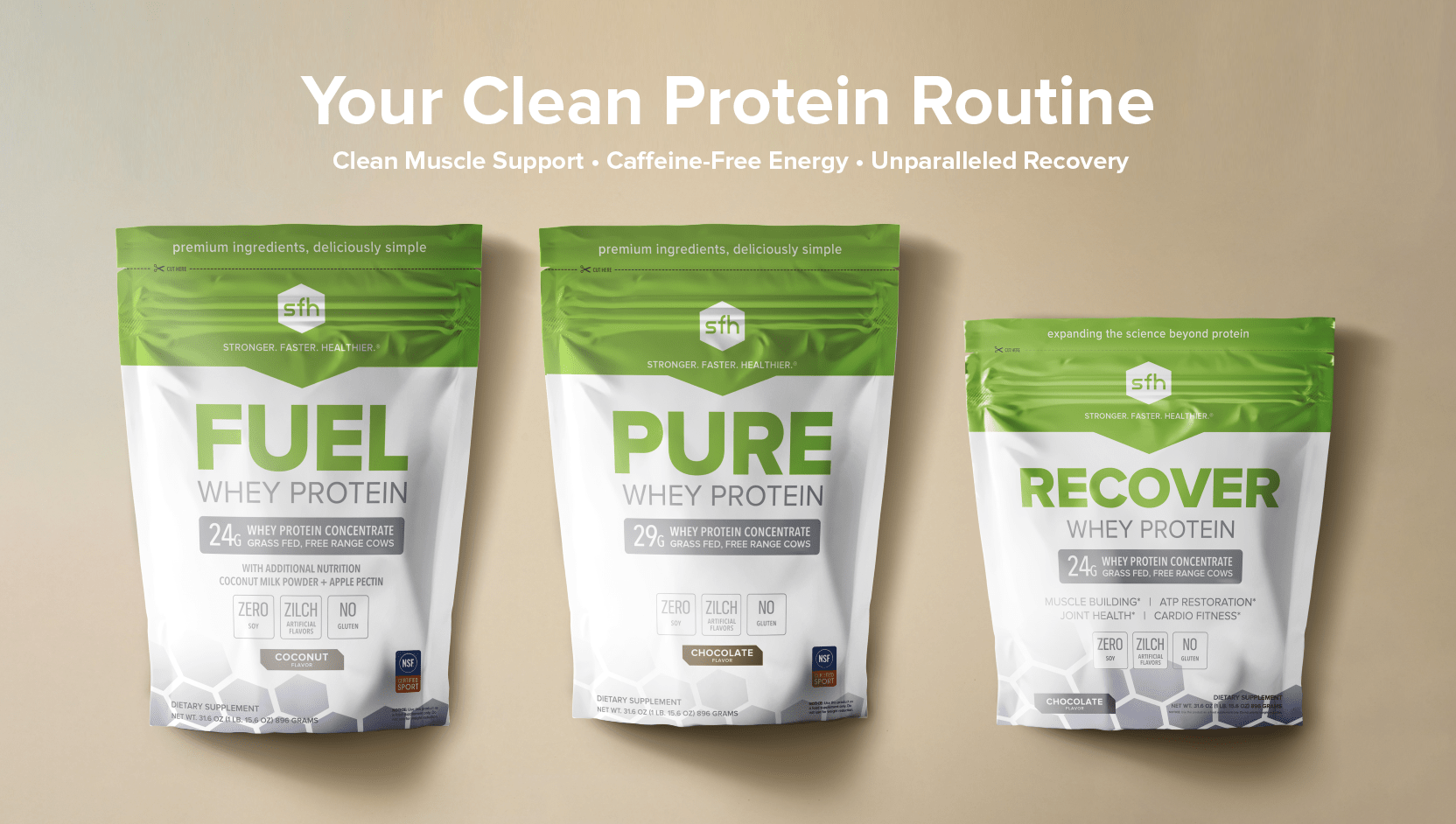Can you name something that stretches over 60,000 miles?
We can. Blood vessels.
If they’re laid from end to end, they could stretch more than double the earth’s circumference! Blood vessels, in fact, are a major component for transporting blood across our body. The intricate network of vessels can help transport oxygen and nutrients to essential body parts to perform daily tasks.
So it’s safe to say they’re pretty essential for living.
When it comes to discussing blood or vessels, the topic should never be overlooked. Dive in with us today as we explore everything you need to know about maintaining good blood health.
What are the different components of blood?
Your blood has different components made up of the following:
- Blood plasma: This is what turns your blood into a liquid substance. Plasma, which is 55% of the total volume, is mostly water, yet it contains electrolytes, vitamins, nutrients, and proteins.
- Red blood cells: The red colour you see in your blood is made up of red blood cells, which make up around 99% of the solid blood. They’re made in your bone marrow and typically have a lifespan of 120 days. The main purpose of these cells is to transport oxygen from the lungs to your body’s tissues.
- White blood cells: Part of the body’s immune system, these cells play an essential role in the immune response. Made from bone marrow, they help identify and target pathogens such as viruses, bacteria and harmful organisms in your body.
- Platelets: Small cells that are found in your blood, which help stop bleeding and allow wounds to heal.
What is the function of blood in the human body?
While you may already know the role of blood in the body, let’s recap its main functions. In short, blood helps transport oxygen and nutrients to different body parts for them to perform at their peak function.
Apart from this, the other main functions of blood in the body are:
Acts as a regulator
Bloog can distribute heat across your body underneath your skin’s surface, regulating heat. It also helps regulate water and PH balance.
Defends against infection
When you encounter a virus or infection, your white blood cells multiply to fight invaders. Moreover, when you injure yourself, platelets allow blood to clot quickly, causing an open wound to stop bleeding.
Removes waste from the body
Red blood cells also deliver carbon dioxide and waste products back to your lungs to be exhaled.
Hormonal Transport
Your glands secrete hormones, which then travel in the blood to specific organs. Your hormones also carry messages that contain instructions to specific cells in your body; blood helps messages get transmitted quicker.
Oxygen and nutrient distribution
Blood transports oxygen from the lungs to the body tissues and returns carbon dioxide to the lungs. It delivers nutrients absorbed from the digestive system, such as glucose and amino acids, to cells for energy production and growth.
Factors that contribute to your blood health
In order to maintain good blood health, you should focus on the following:
Blood Sugar
Also known as glucose, your blood sugar plays an important role in your blood. Blood sugar is regulated by the pancreas, which releases a hormone called insulin, acting as a facilitator towards the amount of glucose entering cells.
Hyperglycemia: When you have high blood sugar levels, you may experience fatigue, thirst, frequent urination and stress, leading you to have an increased chance of diabetes.
Hypoglycemia: Low blood sugar hypoglycemia is not suitable for the blood. It can cause symptoms like dizziness, shakiness, and confusion. It is often a side effect of diabetes medications or inadequate food intake.
As glucose is a primary energy source for your cells and organs, maintaining it is essential to reduce the risk of further health implications.
Blood Pressure
Blood pressure represents the force of blood against the artery walls. Maintenance of blood pressure is important to prevent health issues like heart disease and stroke.
Normal blood pressure: Regular blood pressure readings are around 120/80 mm Hg. The first number, systolic, represents the pressure during heartbeats. However, the second number, diastolic, represents the pressure between beats.
Hypertension: When your blood pressure is significantly elevated, i.e., above 140/ 90 or higher, then it’s classed as hypertensive. Often, this is a significant risk factor for stroke and heart disease.
Blood Cholesterol
Blood cholesterol is also an essential part of blood health. Cholesterol is a fatty substance in the blood, and its management is essential to prevent heart-related issues.
Healthy cholesterol levels: Healthy cholesterol levels in the blood are usually below 200 mg/dl. These levels include low-density lipoprotein cholesterol, considered bad cholesterol. In contrast, high-density lipoprotein cholesterol is regarded as good cholesterol.
What are the common blood disorders?
Many people become affected by blood disorders at some point in their lives. These disorders affect blood composition or function, leading to health problems. Some of the common blood disorders are:
- Anaemia: A condition where red blood cells or haemoglobin become lower than normal in the human body. This can result in fatigue, weakness, and pale skin.
- Leukemia: A type of cancer that affects the bone marrow and blood. It causes the overproduction of white blood cells in the body, which can interfere with normal blood function.
- Hemophilia: A genetic disorder that impairs the body’s ability to form a blood clot. It causes excessive bleeding in the human body, even in minor injuries.
Conclusion
Overall, blood is a complex fluid that is central to sustaining the human body. As it plays an essential role in your daily life, you must maintain good blood health.
To do this, always aim to eat a balanced diet, stay hydrated, exercise regularly, and don’t smoke or drink. Combining these can help the production of both red blood cells and white blood cells, keeping your immune system working at its peak.
Are you interested in improving your lifestyle? Check out our article on healthy habits.
Publisher: Source link



